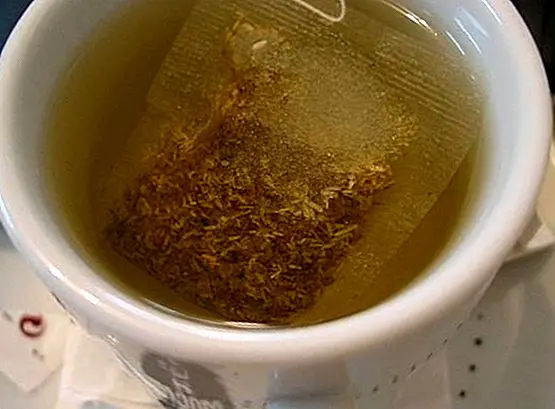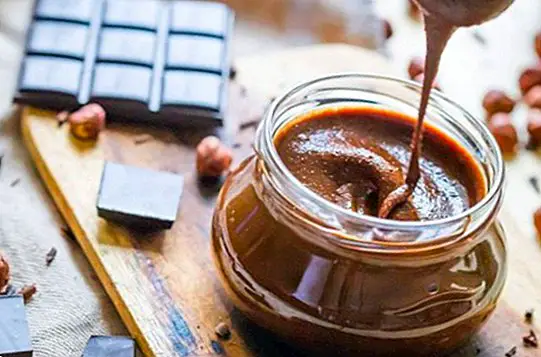When it is not advisable to use oxygenated water: contraindications
It is quite likely that you have it in the home medicine cabinet where you keep your most common medications and drugs, bandages and alcohol. Medically known by the name of hydrogen peroxide (H2O2), you may know it more popularly by the name of peroxide, unless, of course, you are a chemist and are more accustomed to your chemical name.
As you surely know, oxygenated water consists of a chemical compound that, used at low concentrations (between 3 to 9%) we find it in many products for medicinal uses, as well as to whiten hair and clothes.

In regard to its medicinal or therapeutic use, oxygenated water is used primarily as an antimicrobial agent, antibacterial, antiseptic and as an antioxidant agent. In fact, acting as a general antiseptic becomes an excellent medical option when disinfecting wounds and cleaning them, especially in the case of small wounds. For these cases its application is extremely simple and simple, since it is only necessary to soak a piece of gauze or cotton with hydrogen peroxide and apply it gently on the affected area.
Its use is common for clean the mouth in case of inflammations of the gums or even as gargle in case of inflammation or infection of the throat. However, for these cases it is best to mix the hydrogen peroxide with water in 50% diluting it in it so that it is not so pure, and always under the supervision of a specialist, since in many cases the main contraindication derives from its use as a mouthwash, especially in high concentrations.
It is also used for treatment of fungus on the feet and nails, in the same quantity: to 50/50 of oxygenated water combined and mixed with water.
Main contraindications of hydrogen peroxide
However, despite its widespread medicinal uses, before its use at home we must always attend to what are the contraindications of hydrogen peroxide, because only in this way we will know with total security whether its safe use is possible or if we are in danger of using it.
The most important to consider are the following:
- Allergies: its use is not advised when there is an allergy to the active principle (hydrogen peroxide) or to any of the components present in its formulation.
- In high concentrations: its use is not recommended in high concentrations, beyond those indicated for domestic use, since it can cause damage to the tissues where it is applied.
- Extensive areas: Unless the professional or medical specialist indicates, it is not recommended to apply oxygenated water in large and extensive areas of the skin, especially in high concentrations.
- Teeth whitening: although its use diluted in water is usual in case of inflammation of the gums, its use as a whitening of the teeth is not advised.
- Certain burns and wounds: the application of oxygenated water in deep wounds of the body, puncture wounds and serious burns is not recommended. Its use in closed organic cavities is not advised.
As long as the use of oxygenated water is at low concentrations and occasionally punctual, the most common is that it does not cause contraindications. In any case, It is always possible to cause adverse reactions such as irritation of the skin and mucous membranes.


